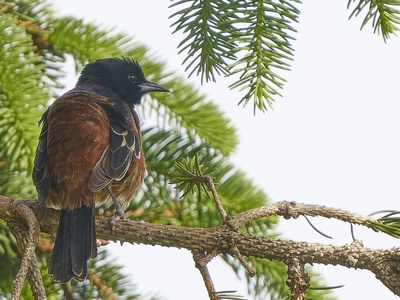This list includes 40 Common Animals that start with O, from “Oak toad” to “Oyster toadfish”. It highlights widely known species and groups you can use for teaching, quick ID, or hobby research.
Common Animals that start with O are familiar species whose common names begin with the letter O. Many, like the octopus and ostrich, carry cultural weight in stories, cuisine, and science.
Below you’ll find the table with common name, scientific name, order, and habitat/distribution.
Common name: The everyday name you recognize; use it to quickly identify animals and match to local guides.
Scientific name: The Latin binomial gives precise species identity so you can locate exact biological information and records.
Order: The taxonomic order groups related species, helping you understand broad evolutionary and ecological relationships.
Habitat/distribution: Short notes on where the animal lives and its geographic range, useful for field identification and study.
Methodology: I prioritize widely used common names with clear scientific names and global records. You can follow links from the table for deeper species pages and regional details.
For other letters, use the A–Z index to jump between pages and explore related lists.
Common Animals that start with O
| Common name | Scientific name | Order | Habitat/Distribution | Description |
|---|---|---|---|---|
| Ocelot | Leopardus pardalis | Carnivora | Tropical forests, Central and South America | Medium-sized spotted wild cat, nocturnal and arboreal, skilled ambush predator weighing about 8–18 kg. |
| Olive baboon | Papio anubis | Primates | Sub-Saharan savannahs and woodlands | Large social monkey with olive-gray coat, lives in troops, omnivorous and terrestrial forager. |
| Olive ridley | Lepidochelys olivacea | Testudines | Tropical and subtropical oceans worldwide | Small sea turtle known for synchronized mass nesting (arribadas) on tropical beaches. |
| Osprey | Pandion haliaetus | Accipitriformes | Coastlines and inland waters worldwide | Fish-eating raptor with reversible outer toe and long wings, nests on platforms near water. |
| Orca | Orcinus orca | Cetacea | Oceans worldwide from polar to tropical regions | Black-and-white apex marine predator living in social pods, highly intelligent and diverse diets. |
| Ocean sunfish | Mola mola | Tetraodontiformes | Temperate and tropical oceans worldwide | Massive flattened fish that can reach ~2,000 kg, basks at surface and feeds on jellyfish. |
| Orange roughy | Hoplostethus atlanticus | Beryciformes | Deep-sea continental slopes in temperate oceans | Slow-growing, long-lived deep-water fish; vulnerable to overfishing, often found near seafloor. |
| Opah | Lampris guttatus | Lampriformes | Worldwide temperate and tropical oceans | Large, deep-bodied fish with warm-blooded physiology and vivid coloration. |
| Orchid mantis | Hymenopus coronatus | Mantodea | Tropical rainforests of Southeast Asia | Praying mantis that mimics orchid flowers to ambush pollinators; striking pink and white appearance. |
| Olive-backed sunbird | Cinnyris jugularis | Passeriformes | South and Southeast Asia, gardens and mangroves | Small nectar-feeding bird; males show metallic throat coloring during breeding. |
| Oriental magpie-robin | Copsychus saularis | Passeriformes | South and Southeast Asia, parks and forests | Vocal black-and-white songbird often found near humans, insectivorous and territorial. |
| Oriental hornet | Vespa orientalis | Hymenoptera | Mediterranean, Middle East, North Africa | Social wasp with reddish-brown body, nests underground or in cavities, diurnal forager. |
| Oriental small-clawed otter | Aonyx cinereus | Carnivora | Freshwater wetlands Southeast Asia | Smallest otter species, dexterous paws, social groups hunt crustaceans and fish. |
| Ocellated lizard | Timon lepidus | Squamata | Iberian Peninsula scrublands and rocky areas | Large green lizard with distinctive eye-like spots, active diurnal hunter and sun-bather. |
| Ocellated turkey | Meleagris ocellata | Galliformes | Lowland forests of Yucatán Peninsula | Colorful wild turkey with iridescent plumage and eye-like wing spots; smaller than domestic turkeys. |
| Orange clownfish | Amphiprion percula | Perciformes | Shallow coral reefs Indo-Pacific | Bright orange reef fish that forms mutualism with sea anemones; popular aquarium species. |
| Opaleye | Girella nigricans | Perciformes | Eastern Pacific rocky reefs from California to Baja | Oval, algae-grazing reef fish with bluish sheen, common in kelp and rocky areas. |
| Oribi | Ourebia ourebi | Artiodactyla | Grasslands and savannas of sub-Saharan Africa | Small, graceful antelope often solitary or in small groups, browsers and selective grazers. |
| Onager | Equus hemionus | Perissodactyla | Central Asian steppes and deserts | Asiatic wild ass, fast-running grazer adapted to arid open landscapes. |
| One-horned rhinoceros | Rhinoceros unicornis | Perissodactyla | Floodplains and grasslands of Indian subcontinent | Large herbivore with single front horn and thick folded skin; vulnerable due to poaching. |
| One-humped camel | Camelus dromedarius | Artiodactyla | Deserts of Middle East and North Africa | Dromedary adapted to arid climates, single hump stores fat, used for transport and milk. |
| Oriental fire-bellied toad | Bombina orientalis | Anura | Ponds and marshes of East Asia | Small aquatic toad with bright orange belly used as warning coloration, vocal breeder. |
| Ovenbird | Seiurus aurocapilla | Passeriformes | Forests across eastern North America | Ground-dwelling warbler with loud song, named for its dome-shaped nest resembling an oven. |
| Olm | Proteus anguinus | Caudata | Subterranean karst waters of the Dinaric Alps | Blind, pale cave salamander adapted to life in darkness, long-lived and slow-metabolism troglobite. |
| Ox | Bos taurus | Artiodactyla | Domestic worldwide, farms and pastures | Domesticated bovine often used as draft or meat animal; large herbivore living in herds. |
| Orange-bellied parrot | Neophema chrysogaster | Psittaciformes | Coastal south-eastern Australia | Small, endangered migratory parrot with bright orange belly and seed/nectar diet. |
| Ortolan bunting | Emberiza hortulana | Passeriformes | Farmlands and scrub across Europe and western Asia | Small seed-eating songbird with buffy-olive plumage, migratory. |
| Ostrich | Struthio camelus | Struthioniformes | African savannahs and open woodlands | World’s largest bird, flightless, powerful runner, lays the largest bird eggs. |
| Oyster toadfish | Opsanus tau | Batrachoidiformes | Estuaries and bays of western Atlantic | Bottom-dwelling fish that produces grunting sounds, camouflaged ambush predator near oysters. |
| Oak toad | Anaxyrus quercicus | Anura | Pinewoods and scrub of southeastern United States | Tiny toad with variable brown/orange coloring, breeds in temporary pools after rains. |
| Oriental pratincole | Glareola maldivarum | Charadriiformes | Wetlands and open fields in South and Southeast Asia | Agile shorebird that catches insects on the wing and nests on ground. |
| Oriental darter | Anhinga melanogaster | Suliformes | Freshwater rivers and lakes South and Southeast Asia | Long-necked, fish-eating waterbird that swims low with neck visible; dries wings after diving. |
| Olive thrush | Turdus olivaceus | Passeriformes | Forests and woodlands of sub-Saharan Africa | Medium-sized songbird with olive tones, melodious song and insect/fruit diet. |
| Olive-backed pipit | Anthus hodgsoni | Passeriformes | Eurasian open woodlands and alpine meadows | Small streaked brown passerine, migratory insectivore often seen walking on ground. |
| Olingo | Bassaricyon gabbii | Carnivora | Neotropical forests from Central to South America | Nocturnal, arboreal procyonid with a long tail, feeds on fruit and small animals. |
| Olinguito | Bassaricyon neblina | Carnivora | Cloud forests of Andean foothills | Small, nocturnal mammal discovered recently, frugivorous and tree-dwelling, fuzzy appearance. |
| Old World swallowtail | Papilio machaon | Lepidoptera | Europe, Asia, North Africa meadows and gardens | Large, striking yellow-and-black butterfly common in open habitats; caterpillars feed on herbs. |
| Orange tip | Anthocharis cardamines | Lepidoptera | Europe and temperate Asia meadows and hedgerows | Small white butterfly with distinctive orange wing tips in males; early spring flyer. |
| Oarfish | Regalecus glesne | Lampriformes | Deep pelagic oceans worldwide | Extremely long ribbon-like bony fish, occasionally strands near shore; can reach many meters in length. |
| Orchard oriole | Icterus spurius | Passeriformes | North American woodlands and orchards | Small colorful oriole with chestnut or orange underparts in males, insectivorous and feeds on fruit. |
Descriptions
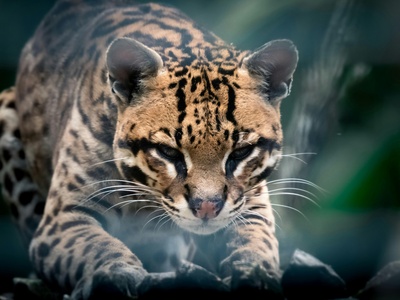
Ocelot
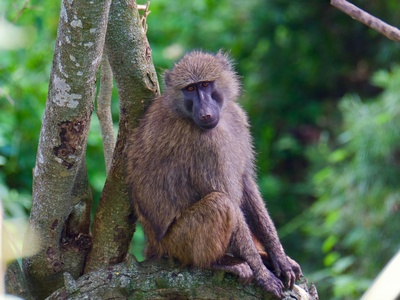
Olive baboon
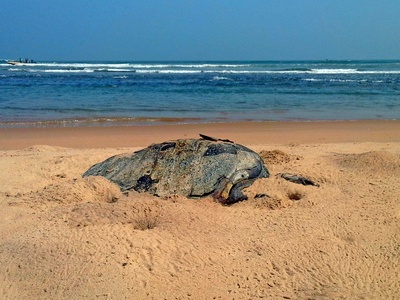
Olive ridley
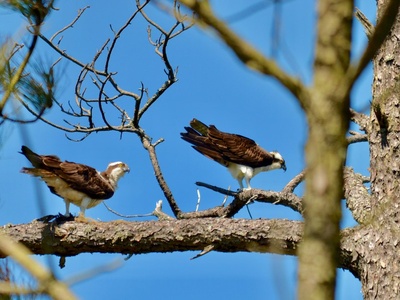
Osprey

Orca
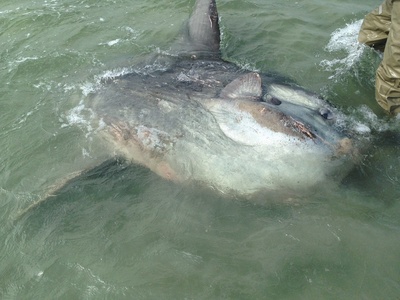
Ocean sunfish
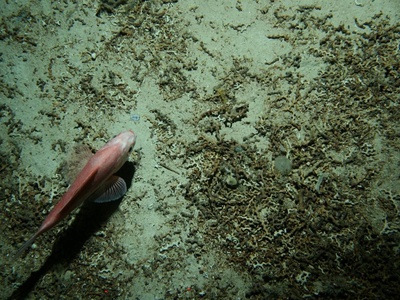
Orange roughy
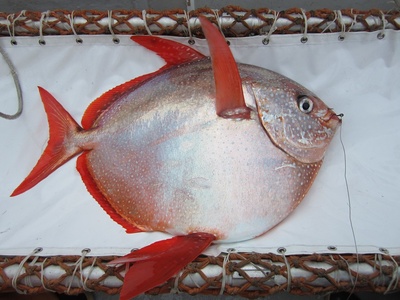
Opah
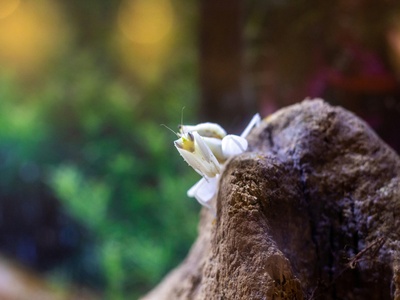
Orchid mantis
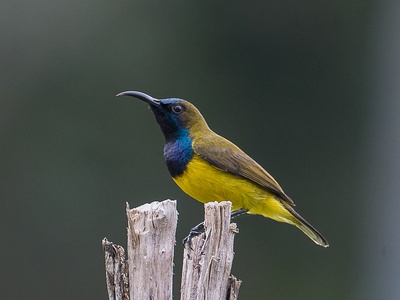
Olive-backed sunbird
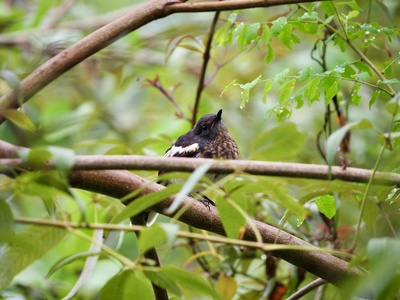
Oriental magpie-robin
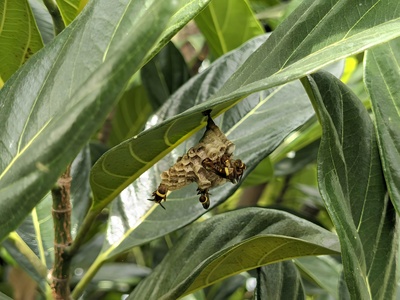
Oriental hornet
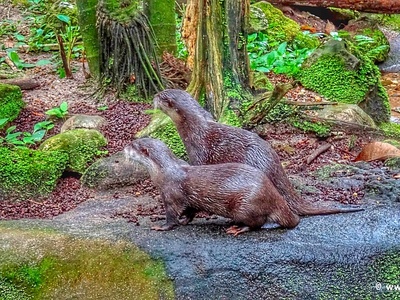
Oriental small-clawed otter
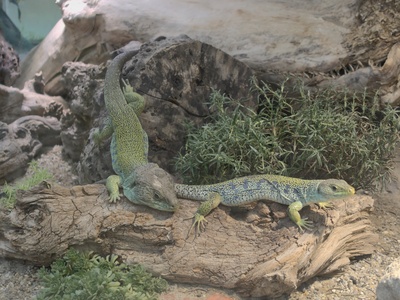
Ocellated lizard
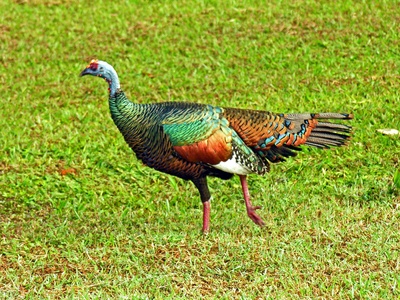
Ocellated turkey
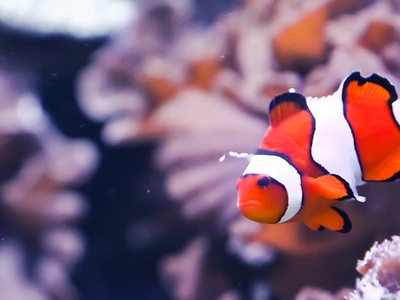
Orange clownfish
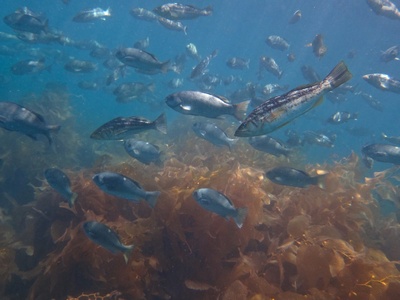
Opaleye
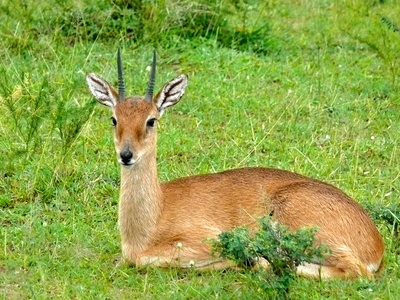
Oribi
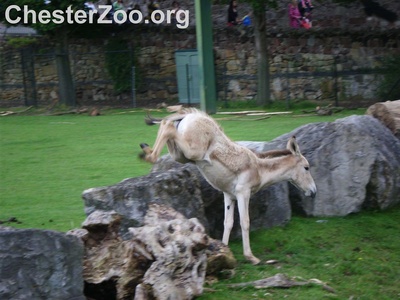
Onager
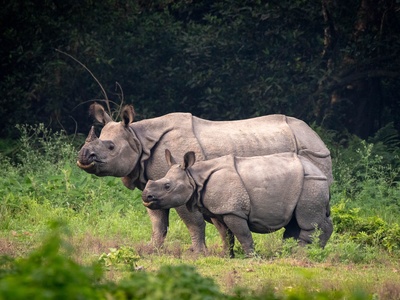
One-horned rhinoceros
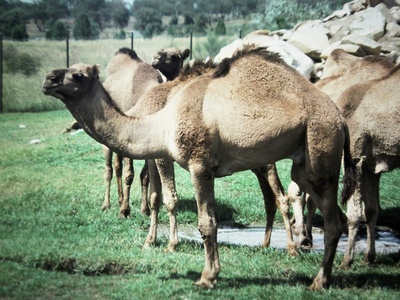
One-humped camel
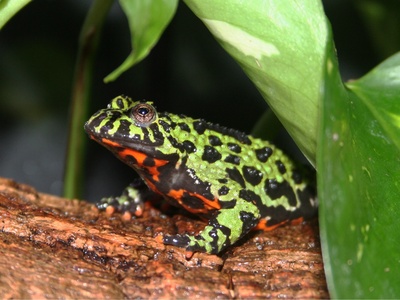
Oriental fire-bellied toad
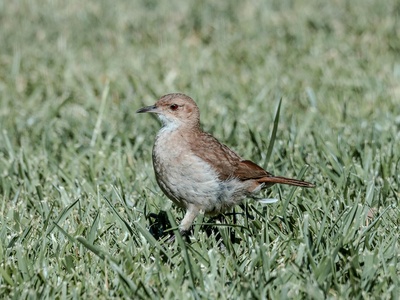
Ovenbird
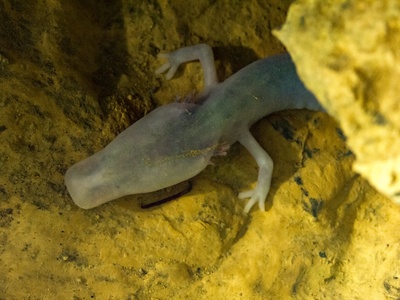
Olm

Ox
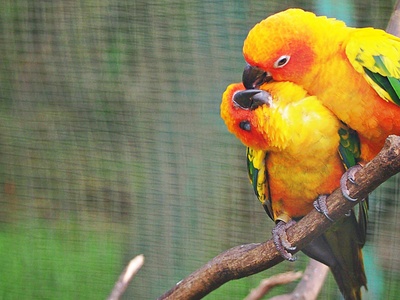
Orange-bellied parrot
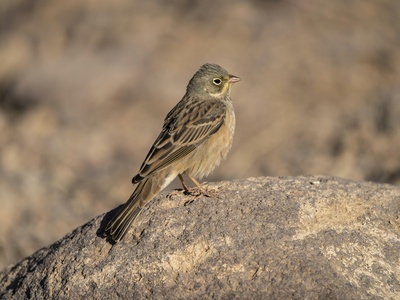
Ortolan bunting
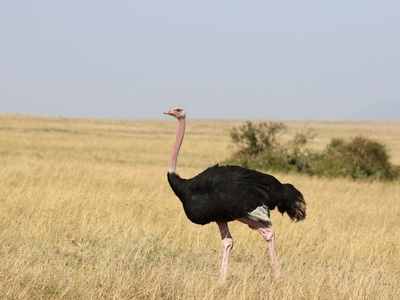
Ostrich
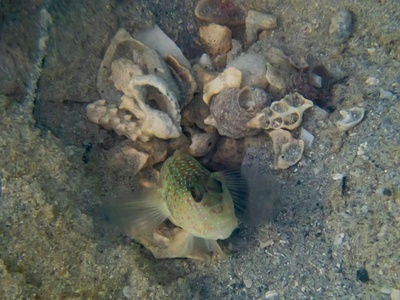
Oyster toadfish
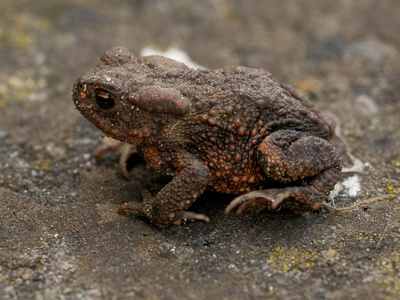
Oak toad
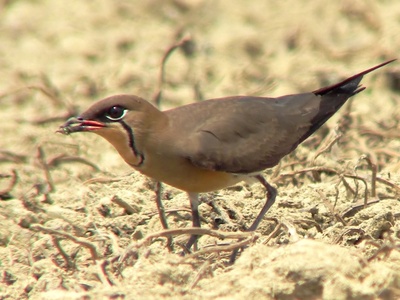
Oriental pratincole
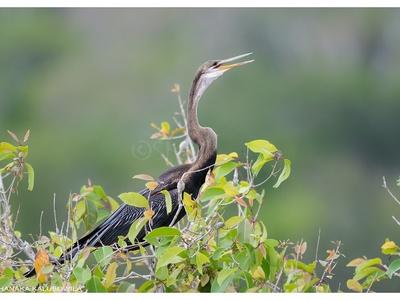
Oriental darter
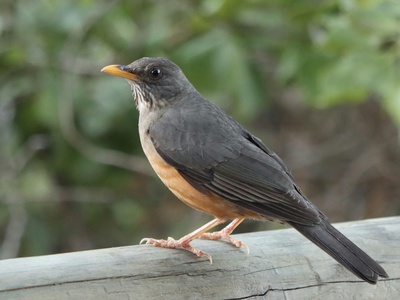
Olive thrush
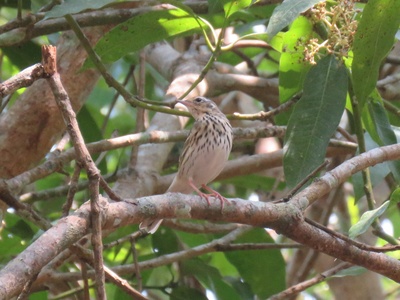
Olive-backed pipit
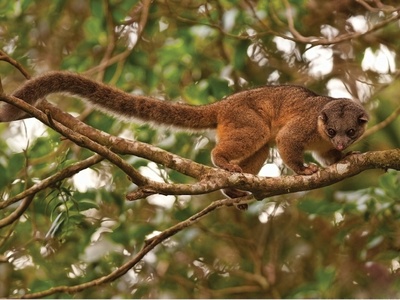
Olingo
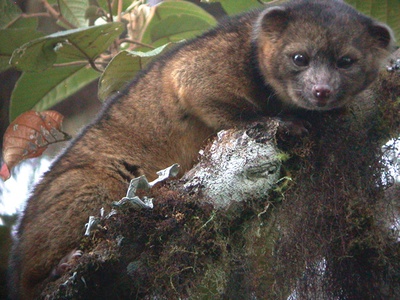
Olinguito
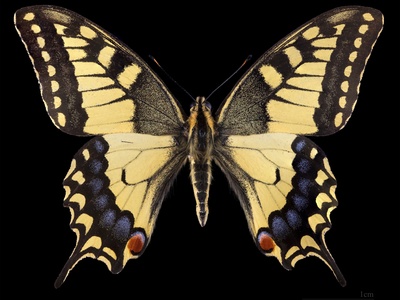
Old World swallowtail
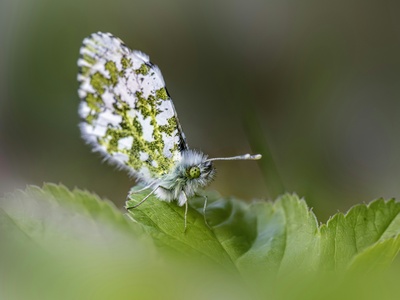
Orange tip
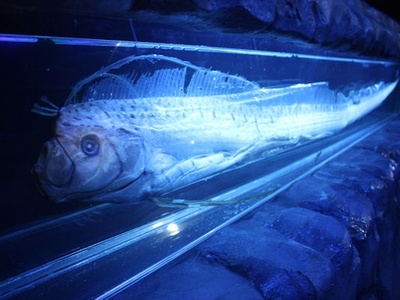
Oarfish
